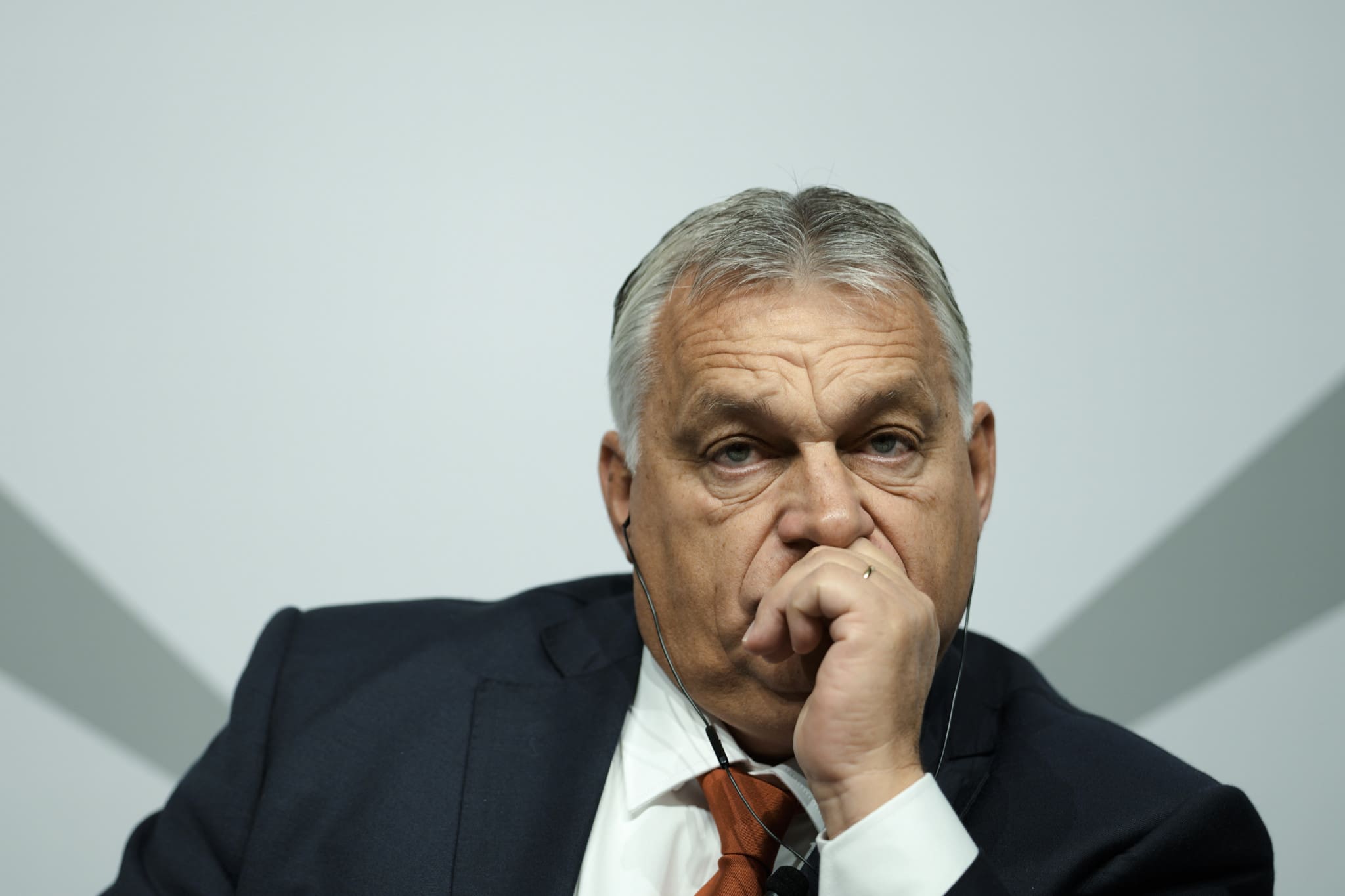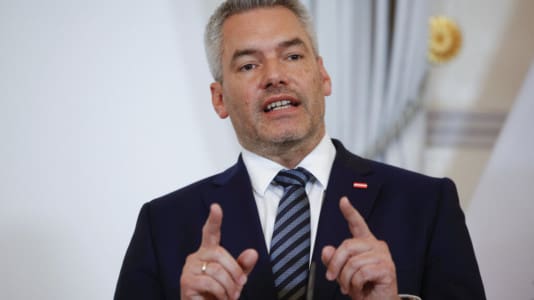German Catholic daily Die Tagespost likened Hungarian Prime Minister Viktor Orbán to French comic book character Astérix, defender of his small Gallic village against the mighty Roman Empire. The paper was reporting on the Tuesday roundtable discussion entitled “Storm over Europe – the war in Ukraine, the energy crisis and geopolitical challenges.”
For some, he is the big bad wolf, for others, the fairy tale prince who kisses the Christian Occident awake from its sleep, the paper wrote. But during his visit to Berlin, which lasted several days, Viktor Orbán showed how he sees himself: as Asterix from Budapest. He defends his Gallic village, i.e. Hungary, from all the restrictions on freedom threatened by the evil “Romans” from Brussels.
[pp id=51590]
“Hungarian interests” are the main theme that ran throughout Orbán’s responses to questions. When he heard about Russia’s attack on Ukraine, he first asked himself, “How many Hungarians will die?” This is also how he explains his rejection of sanctions against Russia: They hurt EU countries financially, but not Russia. He is now pleading for an immediate ceasefire. The crucial objective right now is to end the war — not necessarily find a long-term solution. That can be dealt with later.
He rejected the accusation that he was “Vladimir Putin’s Trojan horse.” As head of the Hungarian government, he is not on any side except that of Hungary, nor is his policy anti-European. But he refuses to equate “European policy” with the guidelines as formulated by the Brussels institutions. European policy, he said, is the policy of the European nations and must therefore be determined in their capitals, “in Lisbon, Berlin, or Budapest.”
Orbán transferred this model from geopolitics to social policy as well. He defended the classical family model, he said, because that was what Hungarians wanted. Likewise, the majority in his country supported his migration policy, saying they wanted “zero Muslims.” He also stated that Hungarians did not want to become a multicultural society.
In the Tuesday roundtable, Orbán presented himself as a political craftsman who above all wants to work on what he sees as pragmatic solutions and who also appreciates these qualities in other politicians, even when there are major differences in content. Orbán repeatedly praised Angela Merkel, even though she was once something of an arch-enemy of his, at least when it came to her past refugee policies.
However, the former German chancellor delivered a masterpiece of diplomacy during the Crimea conflict in 2014. That is missing today, Orbán said.






